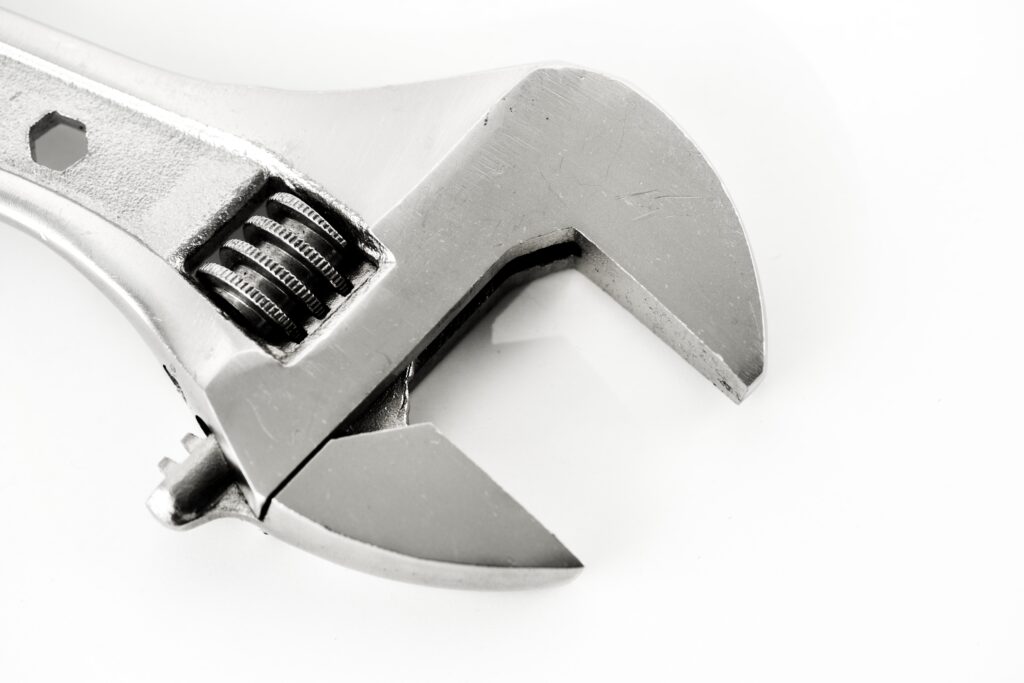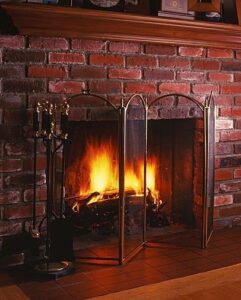Wrenches are one of those essential tools that every handyman or DIY enthusiast should have in their toolbox. Whether you are tightening a bolt or loosening a stubborn nut, having the right wrench can make all the difference. In this article, we will explore the different types of wrenches, their uses, and some handy tips on how to choose the best one for your needs.
Understanding the Different Types of Wrenches
There are several types of wrenches, each designed for specific tasks. Understanding these types will help you select the right one for your project. Here are some of the most common types:
- Open-End Wrench: This type features two jaws that can grip the nut or bolt at two opposing sides. They are great for tight spaces where a full rotation isn’t possible.
- Box-End Wrench: With a closed loop, a box-end wrench grips the entire nut, providing more torque and reducing the risk of stripping.
- Adjustable Wrench: This versatile tool can adapt to various sizes of nuts and bolts, making it an excellent choice for general use.
- Socket Wrench: Often paired with a ratchet, this wrench allows for quick adjustments and is perfect for working on engines or machinery.
- Torque Wrench: This specialized wrench allows you to apply a specific amount of torque, ensuring that nuts and bolts are tightened to the correct specifications.
Why Choosing the Right Wrench Matters
Using the wrong type of wrench can lead to stripped bolts, damaged tools, and even injuries. Therefore, knowing when to use each type is crucial. For example, an adjustable wrench might seem like a good idea for various tasks, but it can slip and damage the nut if not used carefully. A box-end wrench, on the other hand, provides a more secure grip.
How to Choose the Right Wrench for Your Needs
When selecting a wrench, consider the following factors:
- Project Requirements: What type of work are you doing? If you are working on a car, a socket wrench might be your best bet. For plumbing, consider an adjustable wrench.
- Size: Make sure you have a variety of sizes in your toolbox. A single wrench won’t be enough for all tasks.
- Material: Wrenches made from high-quality steel are more durable and can withstand greater torque without bending or breaking.
- Comfort: Look for wrenches with ergonomic handles. This will make your work easier and more enjoyable.
Maintenance Tips for Your Wrenches
To ensure that your wrenches last a long time, proper maintenance is key. Here are some tips:
- Keep Them Clean: After use, wipe your wrenches with a cloth to remove dirt and grease.
- Store Properly: Avoid tossing them into a toolbox without organization. A dedicated storage solution can prevent damage.
- Inspect Regularly: Check for signs of wear or damage, especially on adjustable wrenches. If you notice any issues, it may be time to replace them.
Frequently Asked Questions About Wrenches
What is the best type of wrench for beginners?
If you’re just starting out, an adjustable wrench is a great choice because it can fit various sizes. Additionally, a set of open-end and box-end wrenches will cover most basic tasks.
Can I use a wrench instead of a socket?
While it’s possible to use a wrench in place of a socket, socket wrenches are often more efficient for tasks requiring multiple turns, especially in tight spaces.
How do I avoid stripping nuts and bolts?
To prevent stripping, ensure that you use the right size wrench for the job. Applying even pressure and avoiding excessive force can also help maintain the integrity of the fasteners.
Are there any safety tips when using wrenches?
Always ensure your hands are dry and that you have a good grip on the wrench. Wearing safety goggles is also recommended to protect your eyes from debris.
Conclusion
Wrenches are indispensable tools that no handyman should be without. Whether you are fixing your car or doing simple repairs around the house, having the right wrench can make all the difference. Remember to choose wisely, maintain your tools, and prioritize safety. With the right knowledge and tools at your disposal, you’ll be well-equipped to tackle any project that comes your way.






